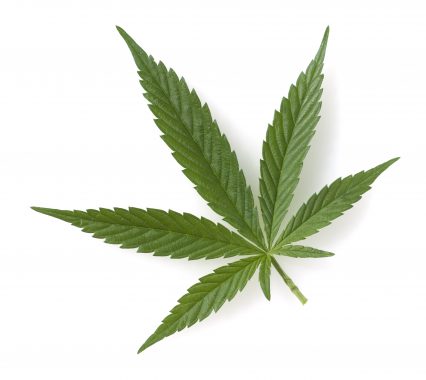Prescriptions of medical cannabis could be issued by GPs and other healthcare professionals, according to new draft guidance from NICE.
As part of a shared care agreement, as long as the initial prescription is made by a specialist doctor, GPs could be able to prescribe cannabis-based medicinal products.
The guidance said: ‘After the initial prescription, subsequent prescriptions of cannabis-based medicinal products may be issued by another prescriber as part of a shared care agreement under the direction of the initiating specialist prescriber.’
The NICE committee agreed that the initial prescription of unlicenced medical cannabis must be made by a clinician on the GMC specialist register.
It also said there are ‘potential burdens’ with limiting prescribing and ‘monitoring to tertiary care’.
As a result, the committee highlighted a ‘clear need’ shared care arrangements, involving GPs, other healthcare professionals and non-medical prescribers, adding that moving away from tertiary care could be ‘cost-saving’ for the NHS.
In November last year, cannabis-based medicinal products were re-classified as schedule 2 drugs and specialist doctors were legally allowed to prescribe medical cannabis.
Following the legalisation however, MPs were told that doctors had a lack of knowledge of the topic and were therefore not prescribing cannabis-derived medicinal products.
Later in March, GPs reported a significant increase in patients asking for medical cannabis, even though they cannot yet prescribe the products.
The NICE guidance also recommended that cannabis-based medicine be prescribed to patients with chemotherapy-induced nausea. It suggested prescribing nabilone as an add-on treatment for chemotherapy-induced nausea and vomiting, but to consider ‘adverse drug interactions’ with the central nervous system.
However, it was decided against recommending medical cannabis to treat chronic pain as the treatment effect was ‘modest’, according to the NICE committee’s rationale, and it called for more research into the clinical and cost-effectiveness of cannabis-based medicinal products overall.
It also said not to offer the CBD spray to treat spasticity or CBD to treat severe treatment-resistant epilepsy, because there was a lack of ‘clear evidence’ that would provide any benefits.
Dr Richard Vautrey, BMA GPC chair said: ‘This is a new and specialist area of treatment and prescribing. As such it requires specialist teams to be involved in properly assessing, and then if appropriate, treating and monitoring relevant patients. This would be the case for any very specialist drug. The way to improve access to this assessment and treatment is to properly resource specialist services and enable hospital services to access electronic prescribing systems.’
The new guidance comes as NHS England published a review into the barriers to accessing cannabis-based products for medicinal use on the NHS, which called for clearer information for both patients and health professionals.

















